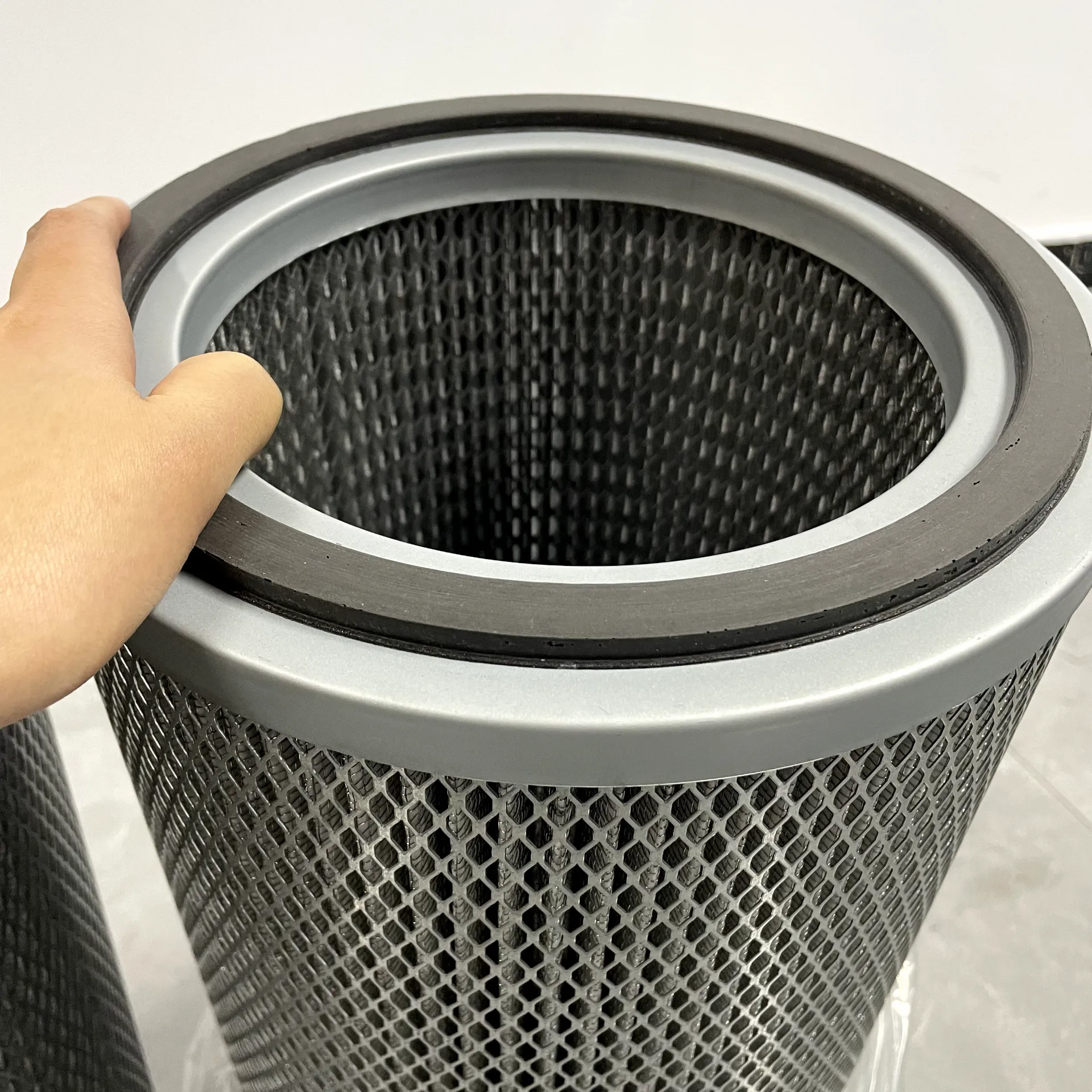 Tel:
+8618931101301
Tel:
+8618931101301
نوفمبر . 12, 2024 23:37 Back to list
metal filter element
Understanding Metal Filter Elements A Comprehensive Overview
In the realm of industrial filtration, metal filter elements have emerged as a vital technology, playing a crucial role in ensuring the purity of fluids in various applications. These filters are designed to remove contaminants from liquids and gases, making them indispensable in sectors such as automotive, aerospace, food and beverage, pharmaceuticals, and more. This article aims to explore the significance, types, and benefits of metal filter elements.
What Are Metal Filter Elements?
Metal filter elements are filtration devices made primarily of metallic materials, such as stainless steel or other alloys. They are engineered to trap particulate matter, helping to maintain product integrity and enhance process efficiency. Unlike traditional fabric or paper filters, metal filters can withstand higher temperatures, pressures, and corrosive environments, making them suitable for demanding applications.
Types of Metal Filter Elements
There are several types of metal filter elements, each designed for specific filtration needs
1. Sintered Metal Filters These filters are created by fusing fine metal powders under heat and pressure. The result is a porous structure that can effectively capture particles of varying sizes. Sintered metal filters are known for their durability and resistance to chemical degradation.
2. Woven Wire Mesh Filters Made from interwoven wire strands, these filters provide coarse filtration. They are reusable and easy to clean, making them practical for applications with larger contaminants. Woven wire mesh is often used in processes where high flow rates are required.
3. Perforated Plate Filters Utilizing plates with drilled holes, these filters allow liquids or gases to pass through while blocking larger particles. They serve as pre-filters in various systems, where they can capture debris before finer filtration occurs.
4. Self-Cleaning Filters These advanced metal filter systems are designed to automate the cleaning process. They utilize differential pressure or mechanical means to dislodge trapped particles, allowing for continuous operation without manual intervention.
metal filter element

Benefits of Metal Filter Elements
The adoption of metal filter elements comes with a myriad of advantages
- High Durability Unlike traditional filters that may degrade over time, metal filters can endure harsh conditions, including extreme temperatures and corrosive substances.
- Reduced Maintenance Costs Due to their robust construction, metal filters can be cleaned and reused multiple times, resulting in lower replacement costs and reduced waste.
- Efficiency and Performance Metal filters often provide superior filtration performance, effectively removing fine particles that could compromise system integrity.
- Environmental Friendliness With their reusability, metal filters contribute to sustainability efforts by reducing the need for disposable filtration mediums.
- Versatility Metal filter elements can be tailored for a wide range of applications, making them suitable for various industries, from industrial manufacturing to food processing.
Conclusion
Metal filter elements represent a significant advancement in filtration technology, combining durability, efficiency, and versatility. As industries continue to prioritize cleanliness and efficiency, the demand for robust filtration solutions will undoubtedly rise. By understanding the types and benefits of metal filter elements, businesses can make informed decisions that enhance their operational efficiency and product quality. Whether you are in manufacturing, pharmaceuticals, or any other sector requiring stringent filtration, investing in high-quality metal filters is a strategic choice that pays dividends in the long run.
-
Working principle of high-efficiency dust filter elementNewsJun.26,2025
-
The truth about washable filters: Does repeated use really not affect efficiency?NewsJun.25,2025
-
Effect of humidity on the performance of activated carbon filter elementsNewsJun.24,2025
-
Material selection considerations for dust removal filter elements under high temperature conditionsNewsJun.23,2025
-
Cold knowledge of air filters: Why are some designed to be pleated?NewsJun.16,2025
-
Factory direct supply! High-precision air filter element wholesale and customizationNewsJun.12,2025

 Email:
Email:





